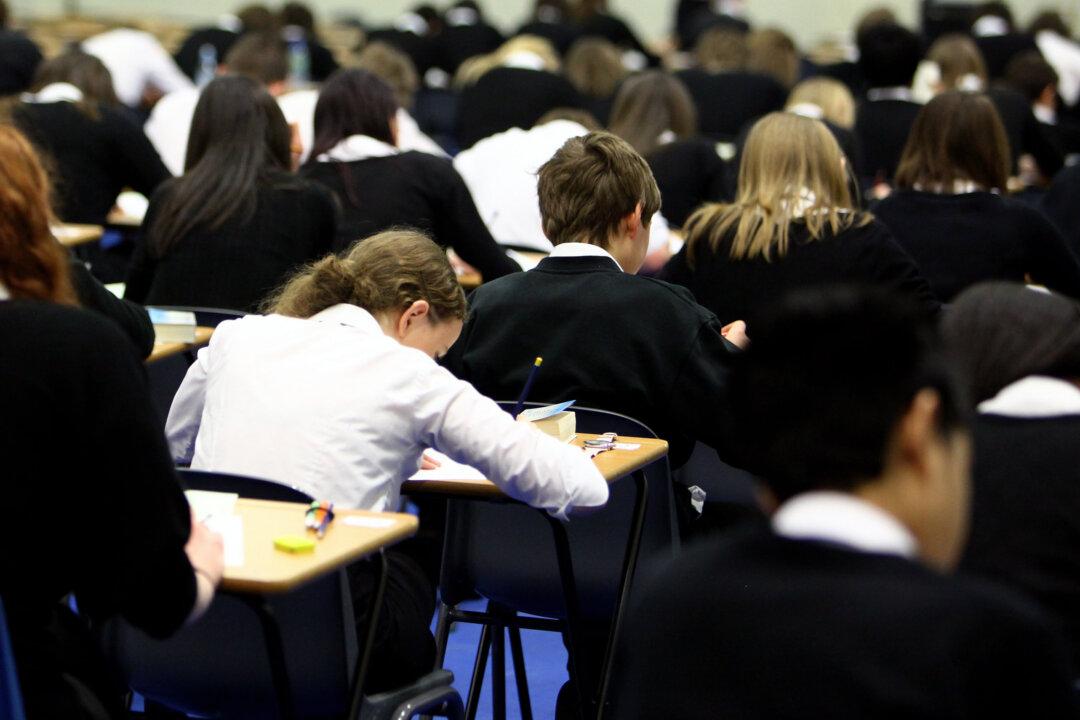Pushing the concept of white privilege onto white working-class children already at risk of falling through the cracks could be “catastrophic”, an expert has testified to MPs.
Professor Matthew Goodwin told the Education Committee on Oct. 13 that white working-class children were already suffering from a “status deficit.”





